We
are so excited to be celebrating Sherlock Holmes throughout the month of
October. You grow up watching and hearing about certain characters so much,
that you think you know all about them. However, I never actually read any of
Doyle’s work. To prepare for the series, I dove into the Sherlock stories and some
interesting articles and found that a lot of what I thought about our second
favorite detective (everyone knows Nancy Drew rules) was not even true (well,
“not true” in the sense of not being in the original stories, because of course
we all know that Sherlock is fictional)!
For
Sherlock buffs, the info below is old news. But others, here are some
interesting tidbits:
· Real-life Sherlock - Doyle was inspired to create
his famous character by his medical school professor. University of Edinburgh’s Professor Joseph Bell was said to possess the
ability to diagnosis his patients’ illnesses, nationality and occupation solely
through observation. Sound familiar?
· Cruel addiction
- I was vaguely aware of Sherlock’s predilection for drugs, but I did not
realize its severity. At times when his intellectual ability failed him,
Sherlock turned to morphine and cocaine. In “The Sign of the Four,” Doyle describes
the detective as having forearms scarred up and down with needle marks. But, in
1890 England, the use of these drugs was legal and even Queen Victoria was said
to partake now and again.
· Not the man we thought he was – We all think
we know how Sherlock looked, acted and sounded, but most of what we think we
know was born in the movies, not the stories. For example, Sherlock’s most
famous exclamation never appeared in a Doyle story. It was in P.G. Wodehouse’s
1915 novel that we first read the line, “Elementary, my dear Watson!” And!
Sherlock hardly ever wore his ubiquitous deerstalker cap AND his pipe was
straight, not curved---I feel as though I never even knew the man!
· Not too good at the book learnin’ – Get Sherlock a
library card quick, because this genius (“experts” guesstimate his IQ at 190) did
not hit the books in school. In “A Study in Scarlet,” Watson describes meeting
Sherlock, and in part, grades the detective’s knowledge thusly: 1. Knowledge of
Literature-Nil. 2. Philosophy-Nil. 3. Astronomy-Nil. 4. Politics-Feeble. 5.
Botany- Variable. 6. Geology-Practical, but limited. 7. Chemistry-Profound. 8.
Anatomy-Accurate, but unsystematic. 9. Sensational Literature-Immense. Watson
is especially astonished to find that Sherlock has no idea the earth circles
the sun. Astounding!
If
you have more fascinating facts to add, then I highly encourage you to email (askalibrarian@stillwater.org) or call
(405.372.3633 x8106) us for an invite to join our SPL Sherlock discussion board
at Goodreads.com. There, you can discuss your favorite Sherlock stories,
show-off your Sherlock trivia, argue over symbolism and themes and talk
Sherlock 24/7 through the entire month.
The
Sherlock series starts Oct. 1 at 7 p.m. with an English Tea and Costume
Kick-off hosted by scholar Dr. Bill Hagen. To see all of the events, visit http://library.stillwater.org/sherlock.php or pick up a
program listing when you come to the Used Book Sale Sept. 24-27.
